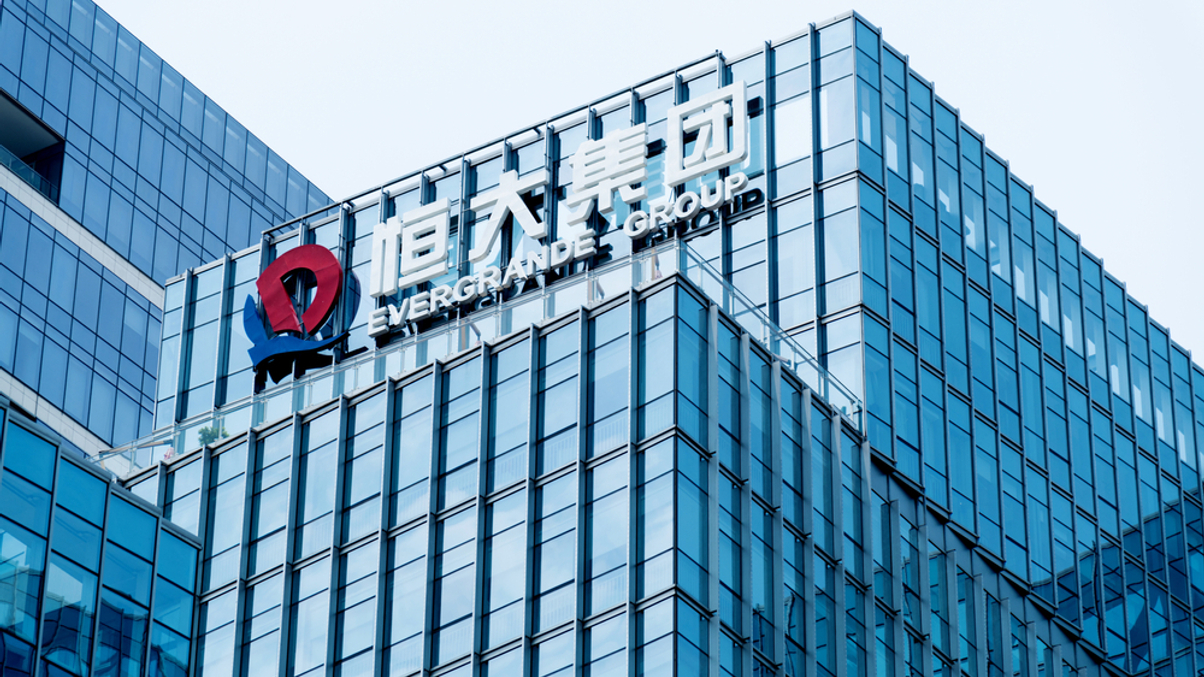November’s most read: Evergrande has defaulted, some say; Which assets will perform under stagflation?
Members of German market information provider, DMSA Deutsche Markt Screening Agentur say Evergrande has defaulted; Analysts are split over whether the market is approaching stagflation or pointing to a healthy recovery; Low hedge fund returns and high management fees have seen pension fund allocations fall but CPPIB is keeping the faith; and more.

Sign in to read on!
Registered users get 2 free articles in 30 days.
Subscribers have full unlimited access to AsianInvestor
Not signed up? New users get 2 free articles per month, plus a 7-day unlimited free trial.
¬ Haymarket Media Limited. All rights reserved.


